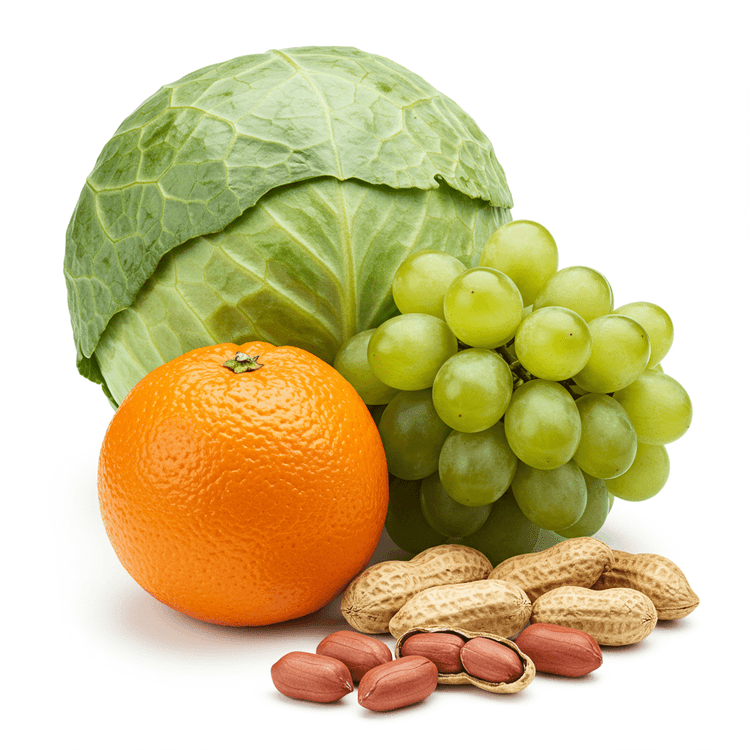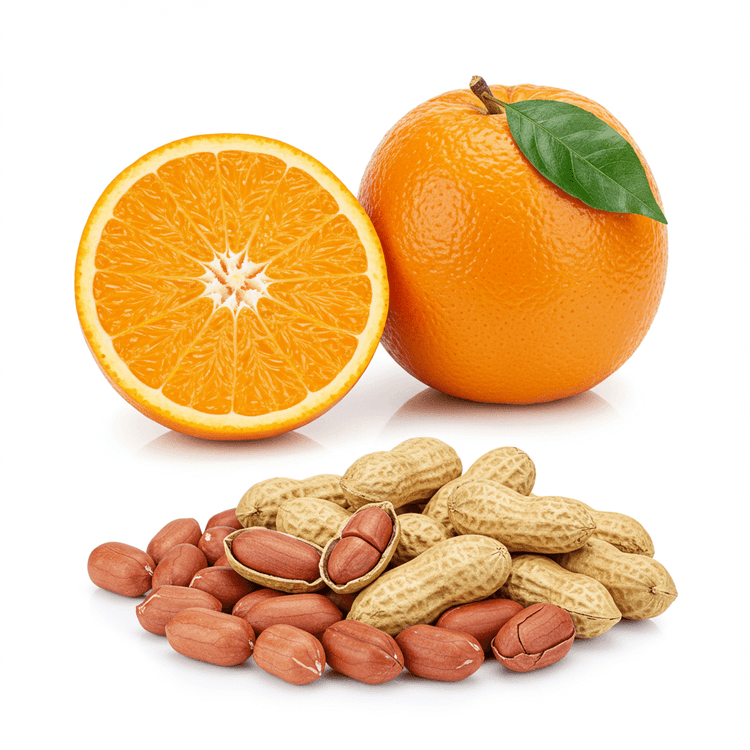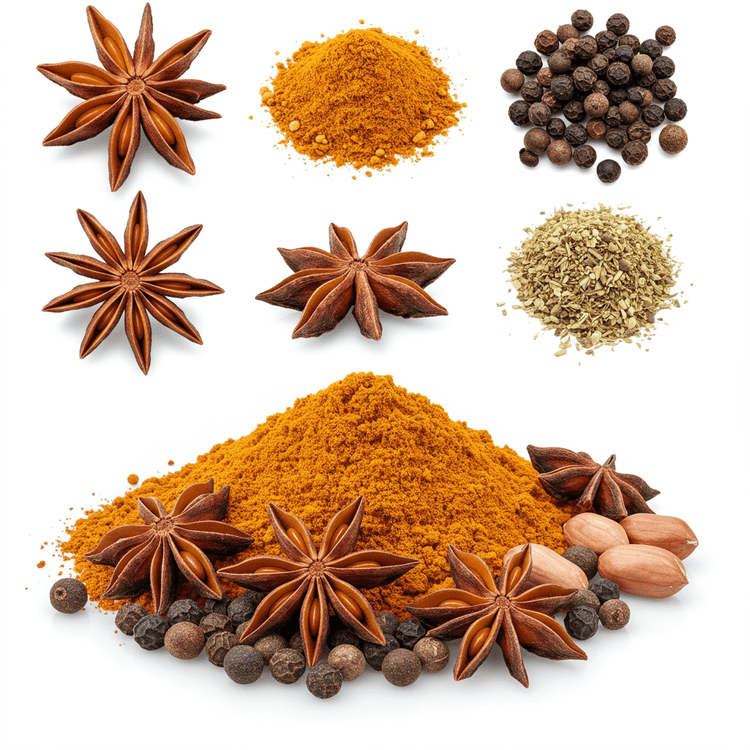
Herbs
Herbs are the fragrant leaves of various plants, used to add flavor and aroma to dishes. They offer a spectrum of tastes, from the delicate sweetness of basil to the pungent earthiness of rosemary. Fresh herbs boast vibrant colors and tender textures, while dried herbs offer a concentrated flavor and extended shelf life. Using fresh or dried herbs is a versatile way to elevate your culinary creations. Experiment with different herbs to find the perfect complement to your favorite foods. Whether you're looking for a subtle hint or a bold statement, herbs are an essential ingredient in any kitchen, providing a fresh, natural boost to your recipes.
Common Uses
- Fresh herbs are commonly used as a flavorful garnish, adding a visual appeal and aromatic finish to cooked dishes such as soups, salads, and grilled meats, enhancing both taste and presentation.
- Dried herbs are frequently incorporated into spice rubs and marinades for meats, poultry, and vegetables, infusing them with deep, complex flavors before grilling, roasting, or pan-frying.
- Herbs are essential components in crafting homemade sauces and dressings, like pesto, chimichurri, or vinaigrettes, contributing to their unique taste profiles and aromatic qualities.
- Many herbs are used to enhance the flavor of soups, stews, and braises, either added fresh near the end of cooking or dried early on to build a layered depth of flavor in slow-cooked dishes.
- Certain herbs are popular additions to baked goods such as breads, biscuits and savory scones, adding both visual appeal and subtle flavor nuances, complementing both sweet and savory recipes.
- Herbs are commonly steeped in hot water to make herbal teas, offering a soothing and flavorful beverage known for their potential health benefits and calming properties.
Health Benefits
- Rich in antioxidants that combat free radicals and reduce oxidative stress.
- Excellent source of vitamins and minerals, supporting overall health and well-being.
- May possess anti-inflammatory properties, potentially easing symptoms of inflammatory conditions.
- Can aid digestion and promote gut health due to their natural compounds.
- Some herbs may contribute to improved heart health by lowering blood pressure and cholesterol.
- Many herbs offer immune-boosting properties, enhancing the body's natural defenses.
Chefadora AI is here.
Experience smarter, stress-free cooking.
Storage Tips
Fresh herbs are best stored properly to maximize their flavor and longevity. Leafy herbs like parsley, cilantro, and basil should be treated like fresh flowers: trim the stems and place them in a glass of water, covering loosely with a plastic bag in the refrigerator. Hardier herbs like rosemary, thyme, and oregano can be wrapped in a slightly damp paper towel and stored in a plastic bag in the refrigerator. Alternatively, herbs can be frozen for longer-term storage. Chop them finely and freeze in ice cube trays with water or olive oil. Dried herbs should be stored in airtight containers in a cool, dark, and dry place to preserve their potency.
Marnirni-apinthi Building, Lot Fourteen,
North Terrace, Adelaide, South Australia, 5000
Australia





